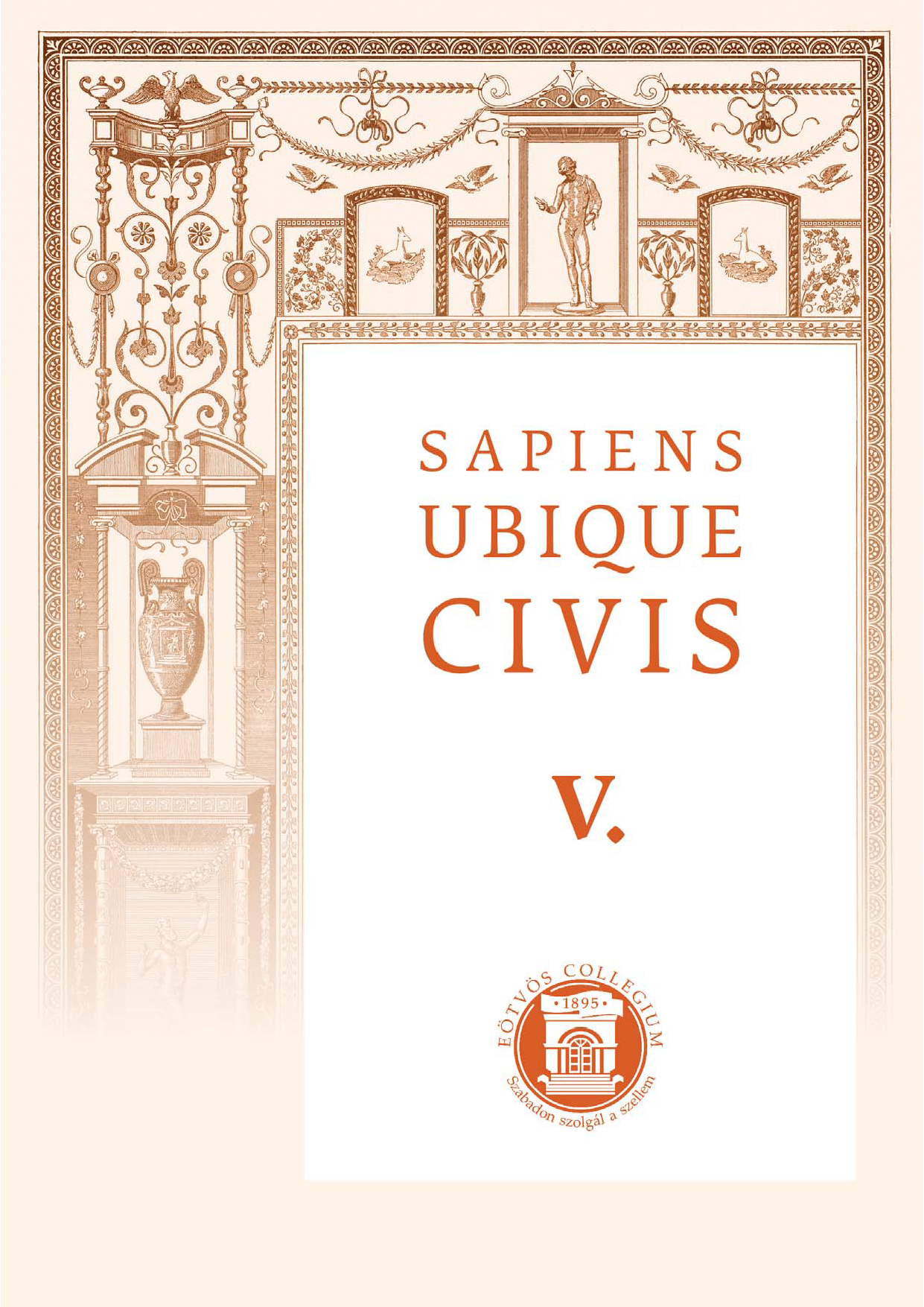Alexander’s Philosophical παιδεία and θυμός the Case of Plutarch
Main Article Content
Abstract
Plutarch wrote two works that refer to Alexander: The Life of Alexander and the two treatises On the Fortune or the Virtue of Alexander I–II. Specifically, the treatises describe Alexander positively: through the antithesis between ἔργον and λόγος, Alexander is idealized prima facie and presented as a philosopher in arms (328a), and via the distinction between ἀρετή and τύχη, he is introduced as a virtuous general. On the contrary, Life depicts Alexander as an ἀνὴρ θυμοειδὴς, both in good (φιλότιμος) and bad sense (rageful). At first, he is praised for his kindness and generosity (12, 1; 15, 5; 24, 6; 27, 7). However, after the account of Persepolis (38), Alexander succumbs to his anger (62, 3). The question that arises, and we aspire to answer is to what extent the presentation of Alexander is disparate between these two works. Are there two different portraits of Alexander?

